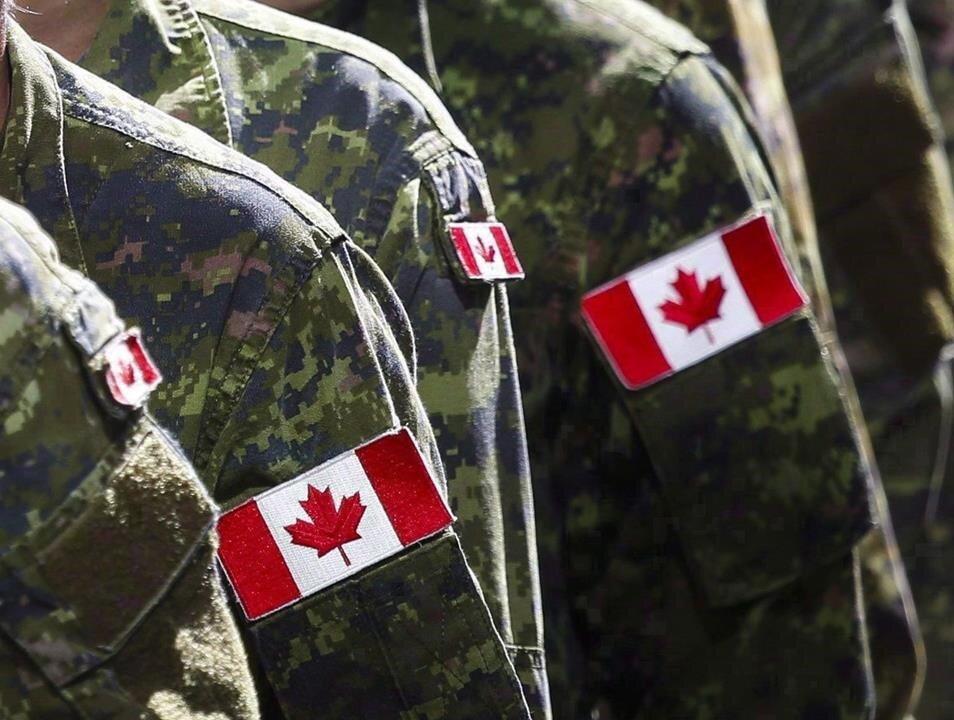Canada’s defence chief received legal advice from the Office of the Judge Advocate General (JAG) in 2021 that there was no evidence supporting a COVID-19 vaccine requirement for all members and that imposing one would be “fraught with legal risk,” an internal document obtained by The Epoch Times shows.
The document, issued on Feb. 2, 2021, by the JAG’s office, the military’s legal department, also cites guidelines by a physicians’ legal defence organization that warns against obtaining consent to administer vaccines under “compulsion” by an employer or others.





